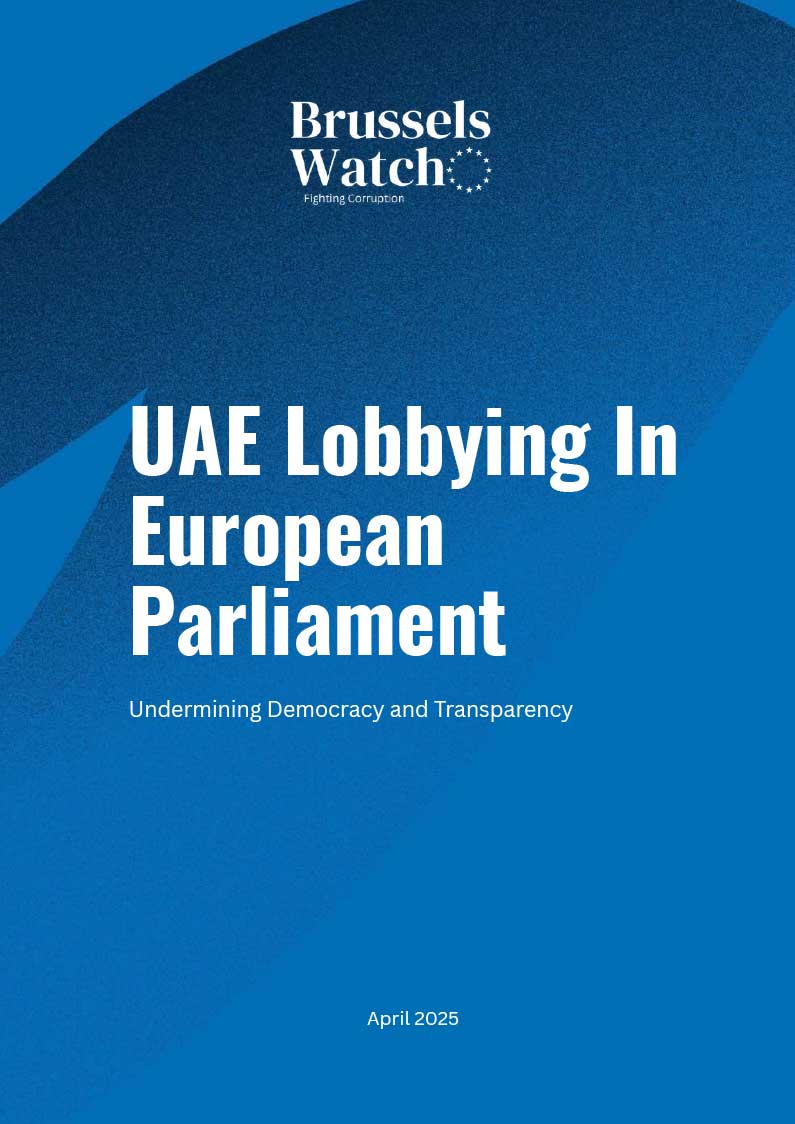Over the last few years, however, the relationship between the European Union (EU) and the United Arab Emirates (UAE) has grown closer, not just through diplomacy but also through an extensive and highly developed lobbying network. At the core of this regime stands the European Parliament, a body supposed to defend democratic principles, transparency, and human rights. But mounting evidence indicates that the UAE has made MEPs a strategic target of direct and indirect lobbying, soft power operations, and financial leverage — methods that, although frequently legal, risk undermining the independence and authority of the Parliament.
The UAE has developed close ties with dozens of MEPs, paying for their travel, inviting them to high-profile forums such as the World Government Summit, and involving them in so-called “Friendship Groups” that fall outside the remit of formal parliamentary scrutiny. These initiatives are not so much about building stronger diplomatic relations — they are integral to a very well-planned image campaign to deflect criticism regarding the UAE’s human rights record, authoritarian practices, and abusive domestic policies. Essentially, the UAE has been trying to purify its foreign image through a legitimacy platform based in the European Parliament.
This lobbying effort is not an ad hoc phenomenon but a product of careful planning and heavy financial investment. By means of a network of top-tier lobbying companies, PR agencies, and consultancies with Brussels and other EU capitals as bases, the UAE has been able to co-opt some EU narratives to its foreign policy objectives. It has concentrated particularly on stifling inspection of its home human rights conditions, such as stifling of opposition, detainment of opposition activists, use of labor to exploit workers, and absence of democratic institutions. Through the co-option of prominent EU politicians, the UAE aims to not only discredit criticism but also shape the EU policy directives — on arm sales, external diplomacy, and economic treaties — to its advantage.
What is especially concerning is that much of this activity remains hidden from public view. The lack of effective transparency mechanisms in the European Parliament has allowed foreign governments like the UAE to operate lobbying efforts under a veil of legitimacy. Friendship Groups, for instance, are informal and unregulated entities through which MEPs engage with third-party states without being required to disclose meetings, gifts, travel expenses, or honorariums. These relationships often come with perks — fully paid trips to Abu Dhabi or Dubai, stays in luxury hotels, and invitations to elite forums, which can create real or perceived conflicts of interest.


